What you need to know about car insurance
Car insurance is often the cornerstone of most people’s insurance portfolio. It’s typically the first type of insurance they ever buy, and that’s usually because you’re required to have it to drive on a public roadway in most states.
Outside of health insurance, car insurance is also utilized more than most other other types of insurance because as we all know…accidents happen. And when they do, that’s not the time to find out you didn’t choose the right car insurance company or coverage. That’s why in nearly all cases, we recommend Independent Insurance Agents over Captive Insurance Agents. Our network of independent agents simply have access to more carriers and coverage compared to their captive counterparts.
Independent Agents
- Can quote and write policies through multiple carriers.
- Works on behalf of the customer, not the insurance company.
- Unhappy with a company? Have your agent move you to a different company without getting a new agent.
Captive Agents
- Contracts to exclusively write with a single carrier.
- Works directly for the insurance carrier.
- Can't move you to a different company if your rates increase or you're unhappy with your current company.
Deciding what car insurance coverage is right for you, and which company or agent has your best interest in mind is often the hardest part.
According to the Insurance Information Institute, Car Insurance is defined as a contract between you and an insurance company that protects you against financial loss in the event of an accident or theft.
In exchange for paying a premium to the insurance company, they agree to pay your losses as outlined in your policy.
Car insurance requirements can vary by state. If your car has a loan, your lender likely has additional coverage requirements separate from those required by the state. Most states at least require:
- Bodily Injury Liability – which covers costs related to injuries or death caused by you or someone driving your car.
- Property Damage Liability – which reimburses others for damage that you or someone driving your car caused to another vehicle or property, such as a fence or building.
- Medical Payments Liability – which provides reimbursement for medical expenses for injuries to you or your passengers.
- Uninsured Motorist Liability Coverage – provides reimbursement to you when an accident is caused by a driver who does not have car insurance, or in the event of a hit and run. Additionally, you can purchase Under Insured motorist coverage, which will cover costs when another driver doesn’t have enough coverage to pay the costs of an accident. For example, they may carry $50,000 in property damage liability, but they caused $75,000 in damage. This is where your Under Insured Liability Coverage would come in.
Most legally mandated car insurance coverage covers damage your vehicle causes to others. It does not cover any damage to your own car. This is where physical damage coverage comes in. The two primary options of physical damage coverage are:
- Comprehensive (aka Anything Other Than Collision) – reimburses you for theft or damage caused by anything other than collision, such as vandalism, falling rocks or trees, fire, flood and more. In most states, windshield damage from small rocks and other highway debris also falls under comprehensive coverage.
- Collision – reimburses you for damage to your car caused by a collision with another vehicle or object.
Full coverage is a term for when a person has all the legally required liability coverages in addition to physical damage coverages on their policy. If a vehicle has a loan, the lender typically requires full coverage to make sure they would be reimbursed if the vehicle was damaged.
The information provided here is for informational purposes only. Car insurance coverage and requirements can vary from state to state, so be sure to check your local laws and regulations or speak to a local insurance agent in your state.





















